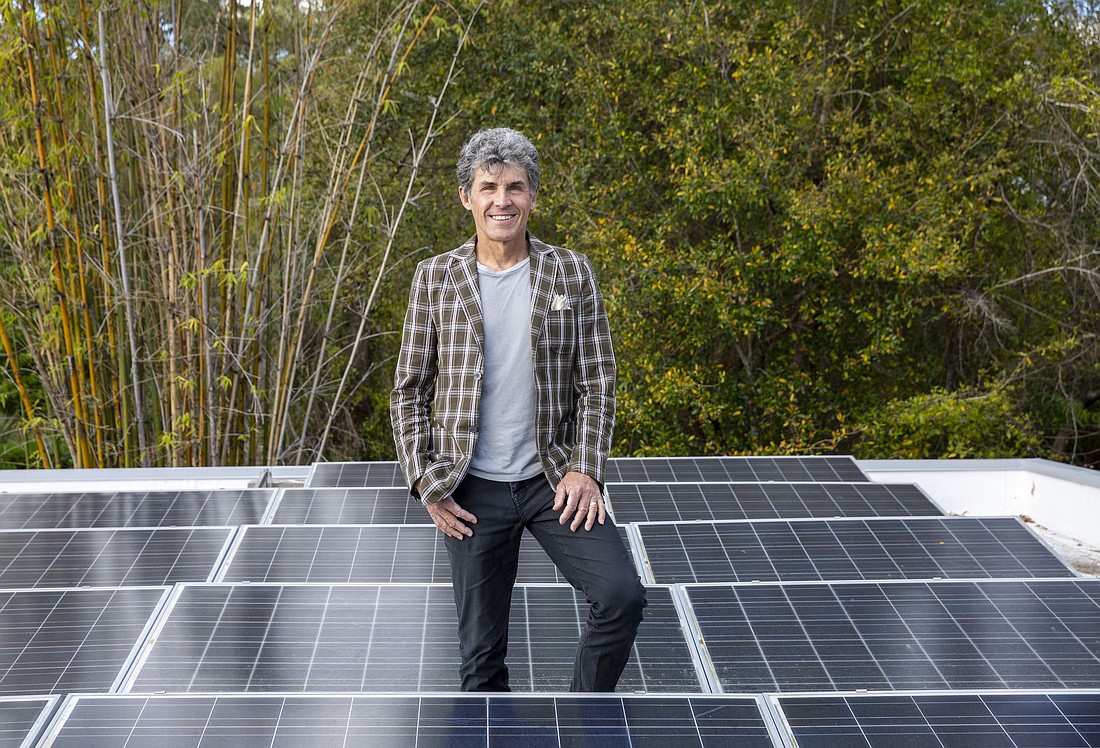- December 15, 2025
-
-
Loading

Loading

Change — as in climate change — is at the core of Ken LaRoe’s latest banking venture.
Climate First Bank, the third community bank he’s founded, recently celebrated two years in business. Headquartered in St. Petersburg, it provides traditional banking services but its lending activity is heavily focused on financing solar-energy installations, electric vehicle charging stations and other green-based innovations.